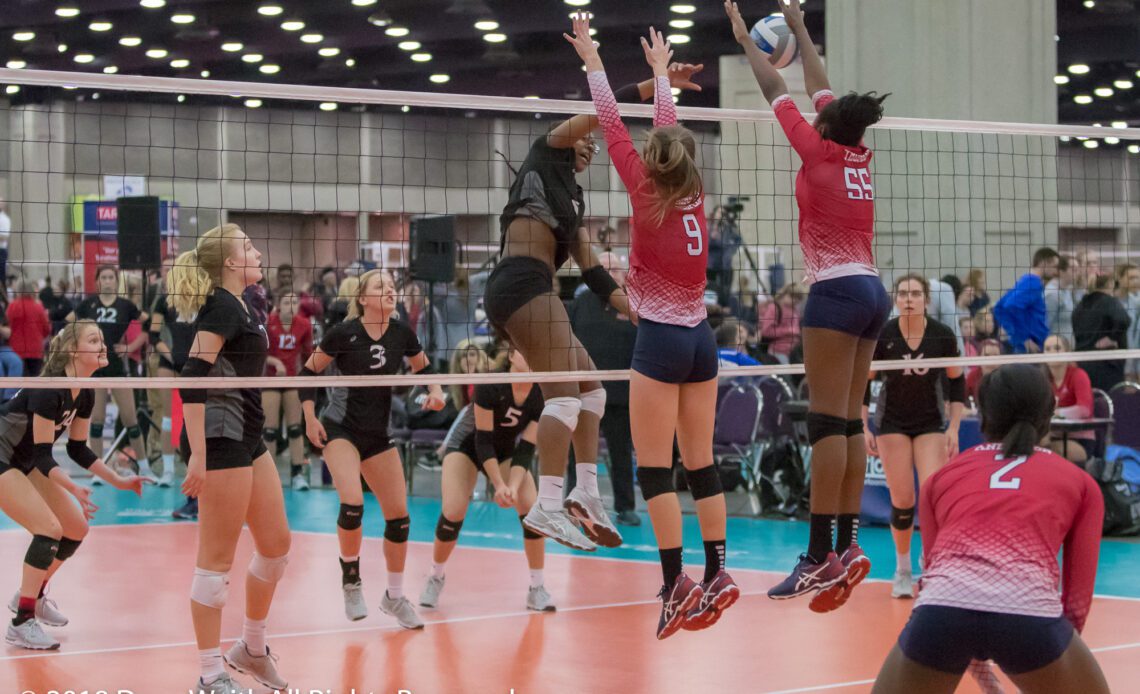*Information provided in this article should not be considered a substitute for legal advice. Readers are strongly encouraged to seek the advice of a licensed attorney familiar with youth sport laws and regulations within your state and local district.
Volleyball is full of dynamic movements and explosive actions demanding effective coaching to bring out the best in athletes and ensure athlete safety during practices and competitions. Volleyball leaders play a crucial role in planning, warning of inherent risks, grouping players appropriately, providing proper instruction, and evaluating athletes for potential injuries.
Let’s explore a volleyball leader’s fundamental duties and responsibilities, including conducting practices and preparing for competitions. Planning sets the foundation for quality practices and competition preparation. The National Standards for Sport Coaches provides a framework of seven core responsibilities of a coach:
- Set vision, goals, and standards for sport programs.
- Engage in and support ethical practice.
- Build relationships.
- Develop a safe sport environment.
- Create a positive and inclusive sport environment.
- Conduct practices and prepare for competition.
- Strive for continuous improvement.
Properly planning the activity falls under the #6 core responsibility: Conduct practices and prepare for competition. Within that planning umbrella, we will look at how coaches should plan to teach, warn, group, and evaluate during a pre-practice lesson plan creation while establishing the skill of “on the fly” adaptations/adjustments during that practice.
PLAN – Properly plan the activity
Planning what you will do in practice and games is essential to organizing fun and safe activities. Coaches must design well-organized and age-appropriate practice plans to maximize the effectiveness of training sessions. These plans should encompass various aspects of the game, including skill development, technical and tactical strategies, and physical conditioning.
By establishing clear objectives and timelines, coaches can ensure that practices are enjoyable but also safe and purposeful. A structured plan helps manage practice length and intensity, providing a balanced and progressive approach to player development. National Standards for Sport Coaches: #24, #25, #26, #27, #28, and #29 provides details about the planning process.
WARN – Warn of inherent risk
Volleyball is not without its risks, and a responsible coach should communicate potential risks and…
Click Here to Read the Full Original Article at Junior Volleyball Association…

